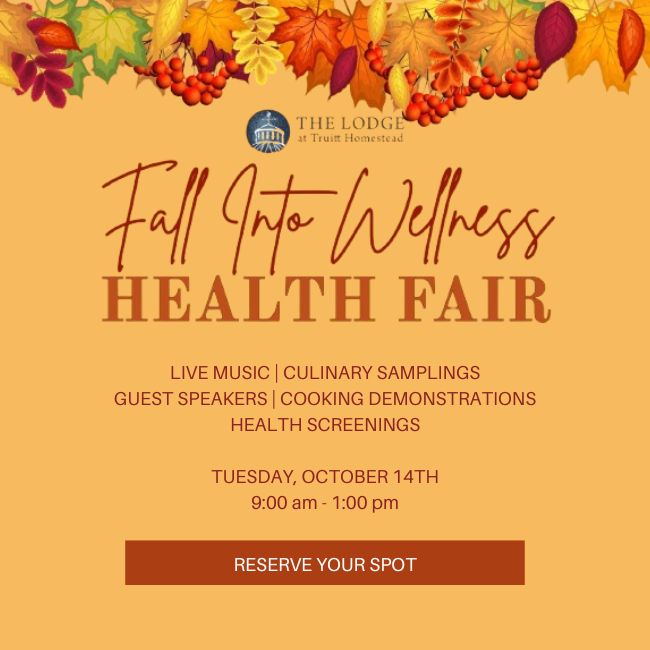We all know that as you age, your body goes through considerable changes. What used to be an easy task, like vacuuming or gardening, might now leave you sore the next day. Maybe even the way you cope with stress or digest food has changed over time too.
The truth is, as you get older, it can be harder and harder to manage your health needs because they can drastically change. If this is something that affects you- don’t worry. We’re here to help you understand what changes are a normal part of aging, what warning signs you should look out for, and how to maintain and improve your health as you age.
How do Your Health Needs Change as You Age?
The first step to understanding how you can manage your health needs is to recognize what is and what isn’t a normal part of aging.
What is a Normal Part of Aging?
Here are some of the typical bodily changes you can expect as you age:
- Your bones lose mass and density, affecting your height and posture.
- Your arteries become stiffer, and plaque can build up on your heart, contributing to higher blood pressure.
- You may experience age-related memory issues, although it shouldn’t affect your day-to-day life.
- Your digestive system slows, which may affect the types of foods you can eat without experiencing slight issues.
- You may notice that your hearing, vision, sense of smell, or taste is slowly losing sharpness.
- Your oral health will be harder to maintain. For example, you may notice you develop cavities more easily, or your teeth become more sensitive.
- Your skin loses elasticity, which can cause it to wrinkle. Your skin can also become more sensitive.
What isn’t a Normal Part of Aging?
If you are experiencing any painful or prolonged physical changes, it is best not to assume that it’s normal and see a doctor just in case.
Any of the following symptoms could indicate a significant health problem and should be checked out by a medical professional as soon as possible:
- Feeling constantly exhausted or depressed
- Abrupt weakness or dizziness
- Shortness of breath or trouble breathing
- Pressure or tightness in your chest area
- Prolonged tingling or numbness
- Loss of balance or coordination
- Difficulty speaking or swallowing
- Feeling too hot or sweating a lot
- Sudden vision loss or blurred vision
- Swelling without reason or injury
- Rapid weight loss or weight gain
- Prolonged confusion or memory issues
- Wounds that never seem to heal
As you age, knowing when to get medical attention becomes more and more important. By getting prompt medical attention when needed, you increase your chances of living a happy, healthy, and fulfilled life.
Steps to Maintain & Improve Your Health
No matter your fitness level, lifestyle habits, or diet, it’s never too late to start taking proactive steps to maintain and even improve your health. To manage your health as you age, you should always:
- Stay physically active
- Stay socially active
- Follow a well-balanced diet
- Get regular health check-ups
- Follow your doctor’s recommendations
- Limit Your Alcohol Consumption
- Quit Smoking & tobacco use
- Ensure you’re getting a proper sleep
- Practice Good Body & oral hygiene
- Communicate with your healthcare providers
By following the above steps, you can keep your body and mind healthy for years to come!

Can a Senior Living Community Help You?
Senior living communities can allow you the freedom of independent living combined with the safety and comfort of services, amenities, and programs.
Making the move to a senior living community can offer you peace of mind if you’ve been worried about managing your health needs as you age.
To support you in managing your health, senior living communities provide:
- Medication management
- Fully-trained staff
- Healthy meal options
- Fitness centers
- Walking paths
- Wellness programming
- Opportunities for socialization
- Mental health resources
Contact us today if you have any questions or concerns about how a senior living community could help you!





